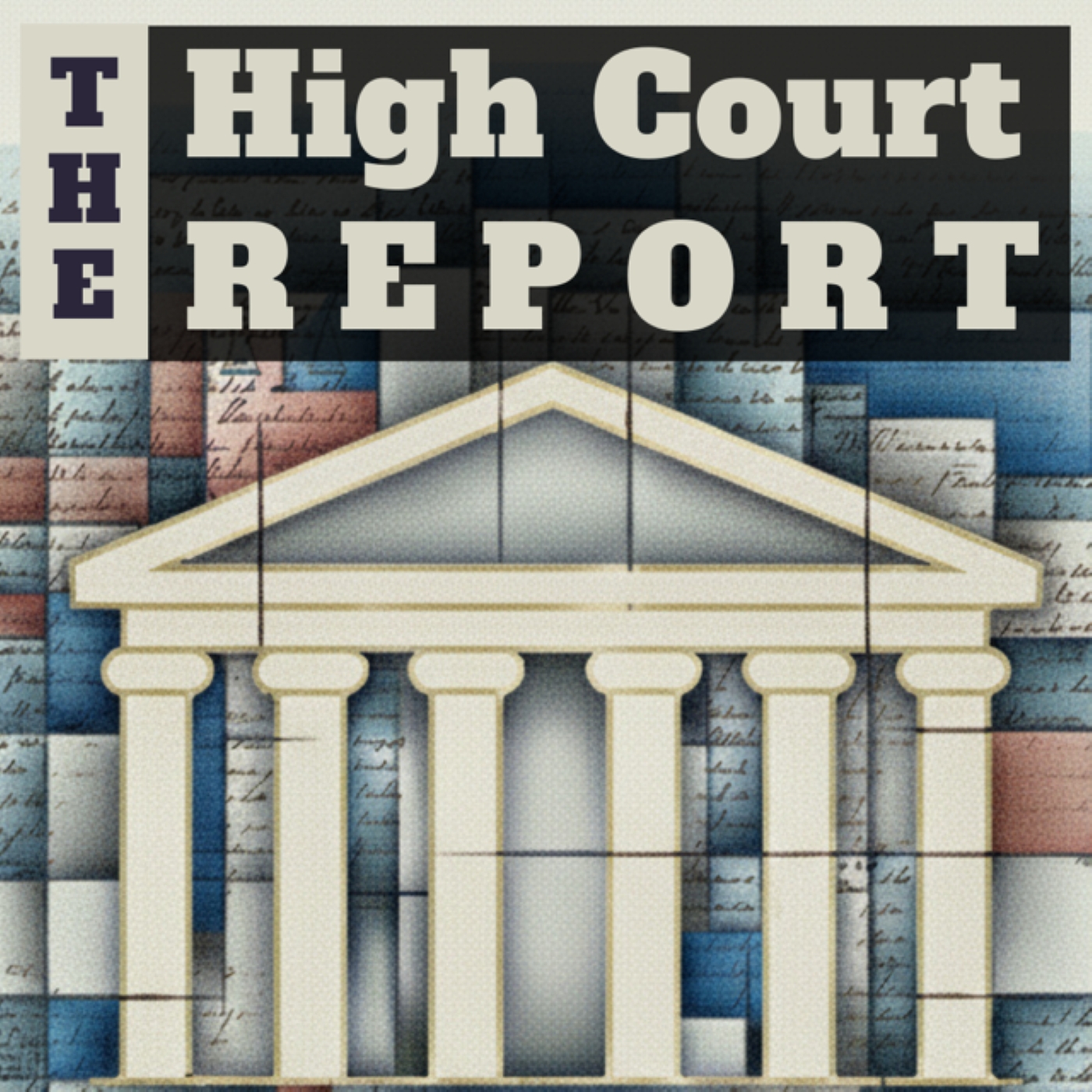Oral Argument Preview | Villareal v. Texas | Constitutional Conundrum Over the Right to Counsel and Witness Coaching
Podcast: SCOTUS Oral Arguments and OpinionsPublished On: Thu Sep 18 2025
Description: Villarreal v. Texas | Case No. 24-557 | Oral Argument Date: 10/6/25 | Docket Link: HereQuestion Presented: Whether a trial court abridges the defendant's Sixth Amendment right to counsel by prohibiting the defendant and his counsel from discussing the defendant's testimony during an overnight recess.OverviewThis episode examines Villareal v. Texas, a case that addresses a fundamental question affecting every criminal trial where a defendant takes the stand: what happens when testimony gets interrupted by an overnight recess? The case explores the intersection of the Sixth Amendment right to counsel and trial courts' authority to prevent witness coaching during extended breaks in testimony.Episode RoadmapOpening: The Constitutional DilemmaDavid Villareal's murder trial and self-defense claimThe overnight recess that created a constitutional questionThe judge's "qualified conferral order" - a middle-ground approachWhy this affects every criminal trial with testifying defendantsThe Trial Court's Balancing ActJudge's concern about overnight "coaching" of defendant's testimonyThe court's solution: prohibit testimony discussions, allow everything elseDefense counsel's understanding and preserved Sixth Amendment objectionConviction and 60-year sentence outcomeConstitutional Territory: Competing PrecedentsSixth Amendment's broad language: "assistance of counsel for his defence"Geders v. United States (1976): overnight recesses require full consultationPerry v. Leeke (1989): 15-minute recesses allow complete prohibitionThe gap: what about partial restrictions during long recesses?Split in Lower CourtsFederal circuits generally reject qualified orders during overnight recessesState supreme courts (including Texas) embrace the middle-ground approachTexas Court of Criminal Appeals: "type of communication" controls, not recess lengthThe constitutional question that prompted Supreme Court reviewVillareal's Three-Pronged AttackPerry already resolved this: "unrestricted access" during overnight recessesThe rule is unworkable: testimony and strategy discussions are "inextricably intertwined"Practical impossibilities: plea negotiations, perjury prevention, attorney-client privilegeTexas's Constitutional DefensePerry endorsed qualified orders even during short recessesSubstance matters more than timing: testimony discussions aren't constitutionally protectedThe rule works in practice: defense counsel understood and compliedFairness and truth-seeking justify the restrictionThe Current Court's JurisprudenceEmphasis on workability and bright-line rulesSkepticism of broad constitutional rules that are difficult to administerText and original meaning analysis of "assistance of counsel"Historical wrinkle: defendants couldn't testify when Sixth Amendment was ratifiedStakes and ImplicationsImpact on trial court management of testimony scheduling nationwideEffect on criminal defendants' consultation rights during testimony breaksBroader tension: advocacy system vs. truth-seeking functionPotential for significant practical impact regardless of outcomeRelevant Precedential CasesGeders v. United States | 425 U.S. 80 (1976) Holding: Trial courts...
The note was deleted
The note was saved
Your message was sent
